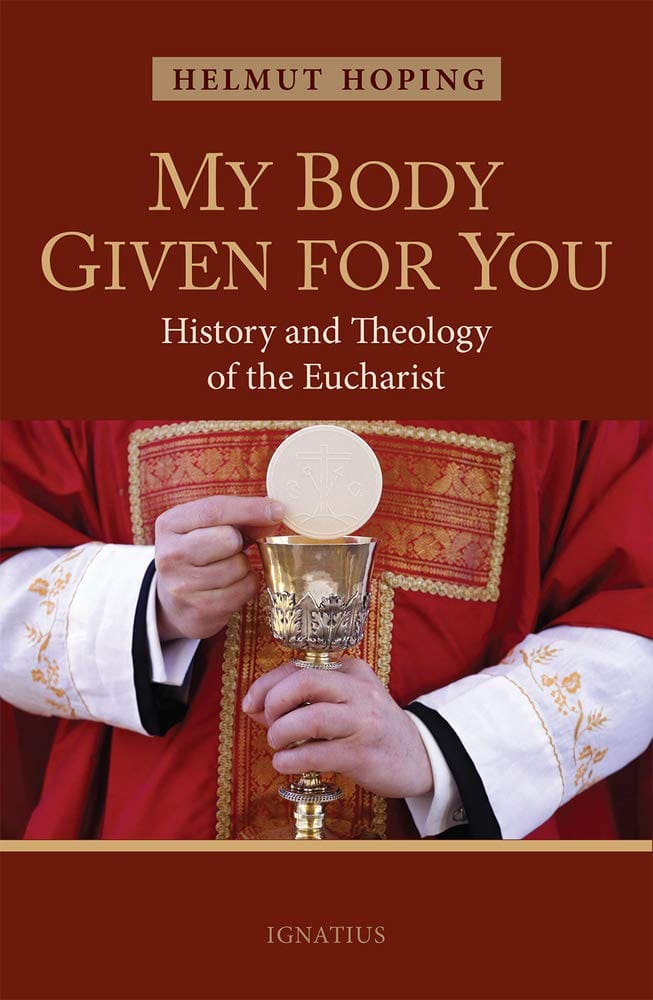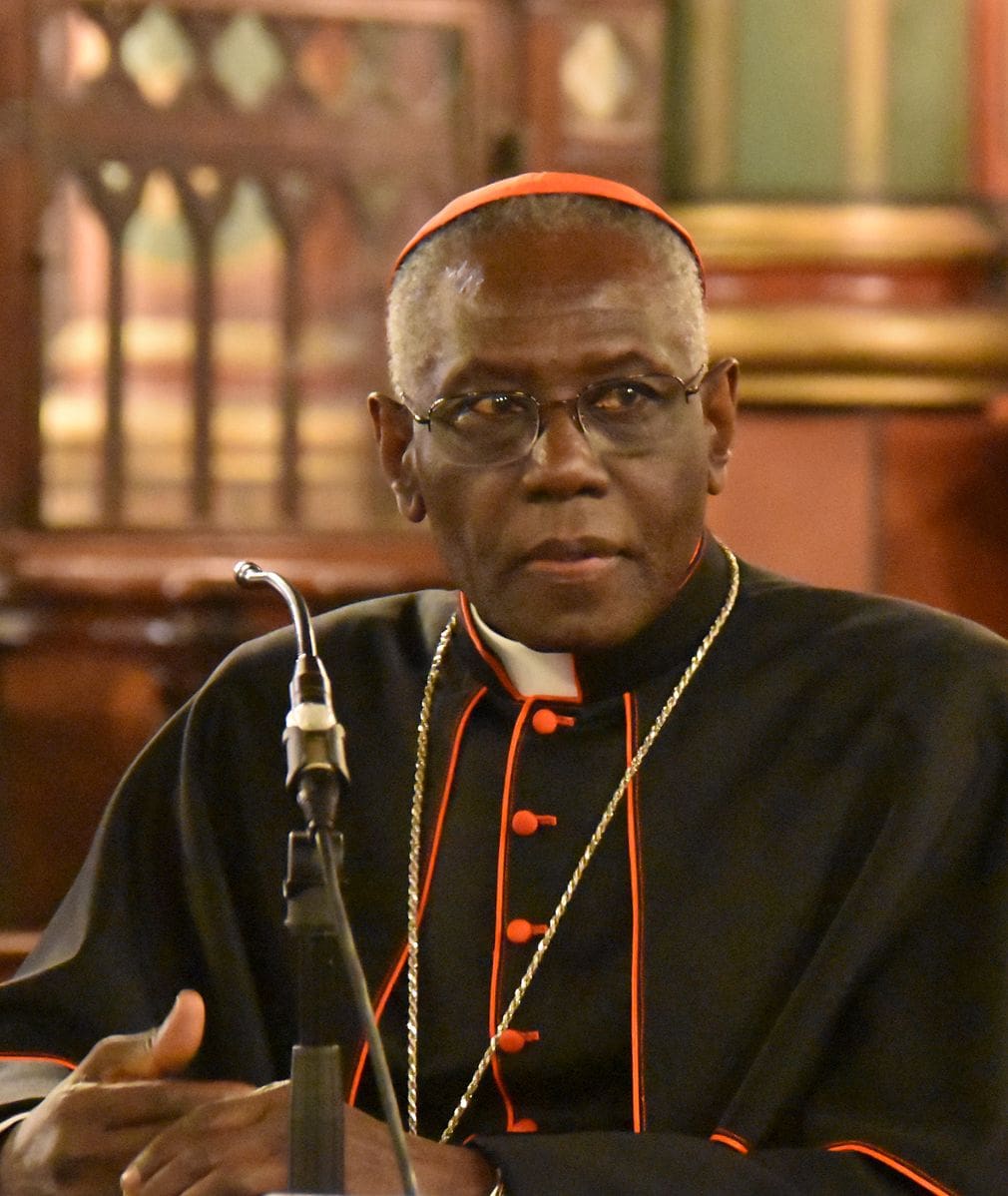A: The short answer is, no, a broadcast Mass does not fulfill the Sunday obligation.
The Church responds to the Lord’s command to Moses and the Chosen People—“Remember to keep holy the Lord’s Day”—and to Christ’s command to “Do this in memory of me” by celebrating the Mass and by refraining from unnecessary work on Sundays. The Code of Canon Law puts it this way in Canon 1247: “On Sundays and other holy days of obligation, the faithful are obliged to participate in the Mass. Moreover, they are to abstain from those works and affairs which hinder the worship to be rendered to God, the joy proper to the Lord’s day, or the suitable relaxation of mind and body.”
By “participation in the Mass,” the tradition understands that one be physically present and not “participate” remotely. To be sure, those who view and pray along with the Mass by some electronic means are engaging in the liturgical prayer of the Church in some way, but such remote participation is not what the Church envisions. (As an aside, the faithful can gain an indulgence for watching a broadcast Mass, but this indulgenced activity is not the same as being present at the Mass, nor does it transform the viewing or listening to the Mass into a physical participation. It is, rather, a matter of the reality of an indulgenced act and not the reality of the Mass which is in question.)
So, how does one who is unable to attend Mass during a pandemic fulfill the Sunday obligation? From one perspective, it is true to say that he does not in fact fulfill the obligation; from another, yet related, perspective, it is accurate to say that the Sunday obligation no longer binds the person, since it is, by all practical measures, impossible to fulfill. Neither God nor the Church places impossible requirements on their children. Put another way, where there is no opportunity, there is no obligation.
But even if one cannot attend Sunday Mass as a part of living the Lord’s Day, this does not mean that Sunday loses its sacred character nor that the faithful can do as they please on Sunday. As expressed in the Code, part of responding to the Lord’s Commands is to “abstain from those works and affairs which hinder the worship to be rendered to God, the joy proper to the Lord’s day, or the suitable relaxation of mind and body” (Canon 1247). This precept must still be observed, regardless if one can attend Mass or not.
The Church also asks those who cannot attend Mass to find another way to offer prayer to God—even though such prayer is not a substitute for the Mass, nor will it fulfill the command to attend Mass. The Code of Canon Law continues: “If participation in the eucharistic celebration becomes impossible because of the absence of a sacred minister or for another grave cause [e.g., such as pandemic-related restrictions], it is strongly recommended that the faithful take part in a liturgy of the word if such a liturgy is celebrated in a parish church or other sacred place according to the prescripts of the diocesan bishop or that they devote themselves to prayer for a suitable time alone, as a family, or, as the occasion permits, in groups of families” (1248§2).

